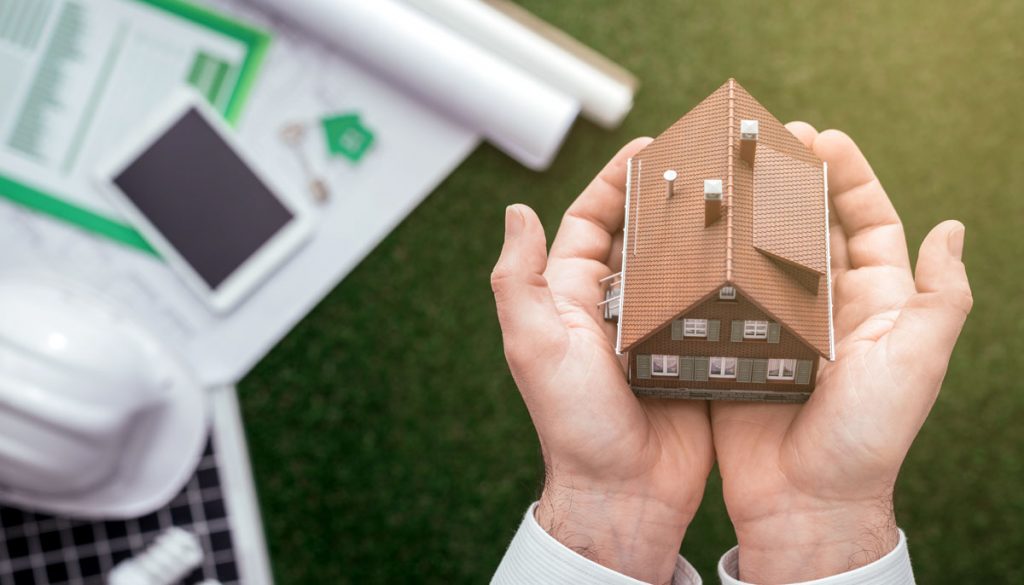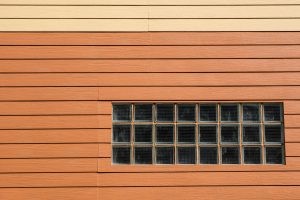If you are having trouble affording payments on your home and other maintenance-related expenses, it can be tempting to cut corners and cancel your homeowners' insurance if you don't anticipate needing it. But is that doable? Is it even legal? Can you go without homeowner's insurance? We've looked into these issues and are here to tell you what happens if you cancel your homeowner's insurance.

Yes, you can. You're not actually obligated to buy homeowners' insurance just because you bought a home. Even though you are not required to purchase homeowners' insurance, you are still at risk in case something happens to your property but you could find yourself uninsured due to financial troubles. Here's what you need to know about going without home insurance.
Is It Illegal to Not Have Home Insurance?
It is not illegal to forego homeowners' insurance or cancel your policy. There are no federal or state mandates to insure your home like there is for purchasing car insurance.
However, you may be required to purchase homeowners' insurance as a condition of being approved for your mortgage. The lender has a financial interest in your home and will for a very long time: they want to ensure that there is still a property at all in case accidents or natural disasters strike, and the homeowners' insurance is required for indemnification in case catastrophic circumstances cause you to completely lose your home.
If you are buying a housing unit like a condominium or cooperative apartment, the condo or co-op board may also require you to purchase homeowners' insurance prior to allowing you to move in. Not all of them require this, but it's still prudent to get your own home insurance since condo and co-op "blanket" insurance policies often only insure common elements like hallways, physical plants, and certain fixtures while you are responsible for what's within your four walls. The cost of insuring condo and co-op properties tend to be far lower than that of comparable detached homes.
Can I Get Homeowners' Insurance Without an Inspection?
This depends on the type of property and certain attributes, like how old it is. If your home is less than 25 years old, it's possible to obtain homeowners' insurance without needing to get an inspection. If the home is over 25 years old, an inspection is likely to be required in order for the insurer to prepare a quote. Some firms even require a 4-point inspection before deciding to insure a property. Condominium and cooperative apartments are often exceptions to this rule given that the managing agent is responsible for structural maintenance, but additional exceptions can apply if the apartment is not in move-in condition.
Depending on how old your home is, the overall state it is in, and the insurer's criteria, an appraisal may be an acceptable substitute for a home inspection if you had to get one when applying for a mortgage or HELOC.
If the property fails inspection, it's an indication of what needs to be addressed in order to qualify for insurance or complete the home buying process. If the issues that must be addressed are too overwhelming or expensive to fix, you can look for another property.
Can You Be Denied Homeowners' Insurance?
It's definitely possible. Some insurers will deny applications for homes that are too old, or deem them to need too much repairs and maintenance. Age and condition won't always equate to an immediate denial, though there are other factors that can cause insurers to deny your application.
If your home is in an area with high crime rates, it can be difficult to find an insurer that will approve your application. This is especially true if your home doesn't have adequate security features. Conversely, you can get a lower insurance premium in the case of cooperative and condominium properties that have their own security departments and/or if you work at home and are more likely to detract thieves and vandals as a result.
It can virtually impossible to get homeowners' insurance if your area is ripe for high-risk weather hurricanes, floods, tornadoes, earthquakes, or frequent hail that cause frequent property damage. As superstorms frequently increase throughout the years, mitigation efforts like hurricane shutters and cost-prohibitive earthquake insurance if you live on a fault line can only go so far. However, taking these measures can make your application less likely to be denied.
What Happens if My Homeowners' Insurance is Canceled?
Yes, it is possible to have your homeowners' insurance canceled. This is most common when the renewal period is coming up, and the insurer's underwriter deems that your home presents unacceptable risks such as fire hazards, electrical work that is not up to code, and other structural elements that are in disrepair. More often than not, you can address these issues and get your insurance reinstated after another inspection.
However, it can be more difficult to get your insurance reinstated if you have an older home, especially if the roof is very old. Roofs last 20-30 years and the older the risk, the higher the risk. If the underwriter finds that your roof is too old, your policy can be canceled and not reinstated until the roof gets replaced.
As with any other insurance, not paying your premiums will also get your policy canceled. Regardless of the reason for dropping you though, most states require insurers to give you at least 45 days' notice (as is the case with California). If you can't make your payment, some states mandate a 30-day grace period to catch up.
Will My Homeowners' Insurance Drop Me if I Make a Claim?
Making a single claim won't necessarily cause the insurer to drop you. However, if you make too many claims, you can lose your homeowners' insurance.
Making too many claims can cause the underwriter to see your property as too high-risk. If you have bundled insurance such as home and car insurance together, you can also end up with a higher premium or total cancellation if you get into a car accident or have other issues with one policy but not the other.
What Will Home Insurance Cover?
Homeowners' insurance primarily covers property damage from accidents and natural disasters, such as an appliance catching fire or the siding getting damaged in a tornado. Renovation and rebuilding costs can be extremely expensive out of pocket and unplanned for, so homeowners' insurance is there to help you defray these costs. Accidents that take place on your property, such as your pet biting a guest and that guest holding you liable for their medical expenses, are also covered by homeowners' insurance in most cases.
Insurers' rules and state laws may vary on what each individual policy does and doesn't cover, so make sure to read the fine print before committing to a policy.
How much does homeowners insurance typically cost?
Before we leave off, a word about costs, which might help you figure out a way to keep your insurance payments going.
The average homeowners' insurance premium is $1,083 per year, and has been steadily climbing for the past 10 years. Average annual premiums range from $500-2,000 depending on the state you live in: Oregon has the lowest average premium of $574 and Texas has the highest average premium of $1,947. Your annual premium, which could also be paid monthly or quarterly depending on what the insurer offers, can also deviate from this average depending on your precise location, the size and type of property, and condition of the property.



